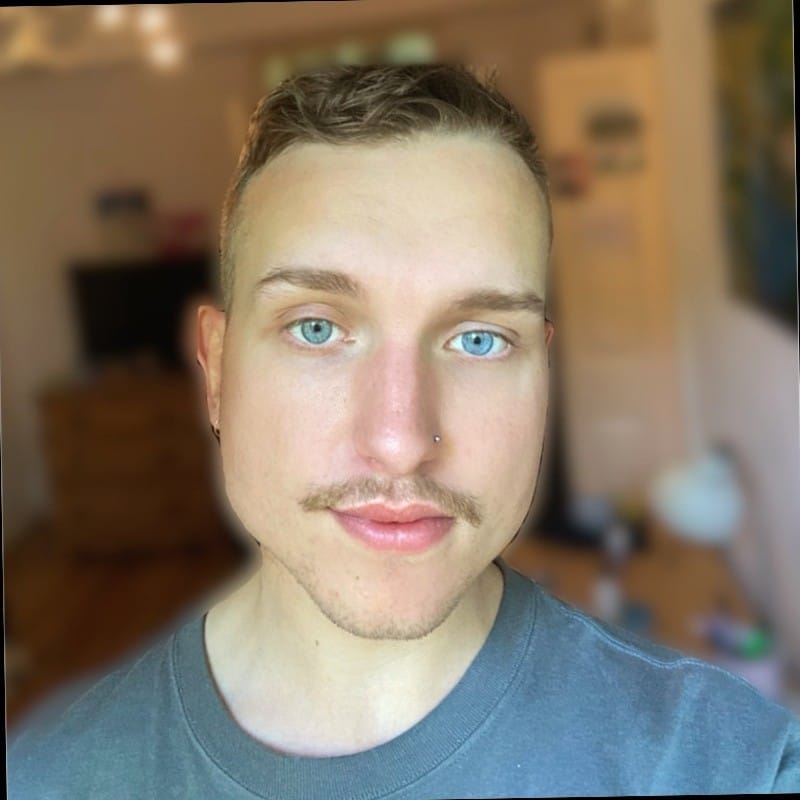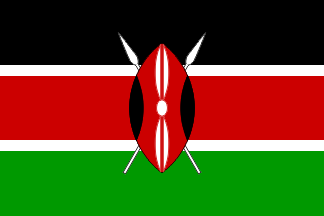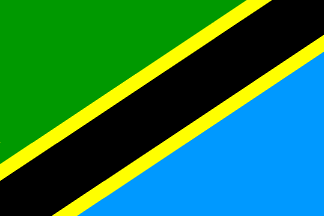
George Stone
Culture and Inclusion SpecialistIt is hard to pinpoint an exact time when my journey with depression began. I do, however, remember being bed-bound and sobbing on my 18th birthday. My family came in one by one asking, “What’s wrong?” and to this day, I still have no answer. I don’t know why I felt the way I did, and I certainly didn’t know how to change it. I just knew I felt an overwhelming sense of exhaustion within my body and within my entire being.
Depression, for me, showed up as a concoction of sadness and nothingness, anger and indifference, of erraticism and complete exhaustion. Then it became about control. I would avoid how I felt by binge-eating, or by undereating, or by excessive exercise or through excessive drinking. For the next three years, I took medication and I went to therapy.
But I found ways to control these two arenas of my life, too. I lied to my GP and told them I felt better – I thought if I could convince them, I could convince myself that I was okay. I lied to my therapist. I trivialised my setbacks and overestimated my wins.
Then came January 2021, when the plug was finally pulled from the socket.
Day by day, my mental health had been completely deteriorating. I am unashamed to admit that I hit what can only be described as a rock bottom. I had lost complete sense of self and I was scared of the things my mind was telling me. I caught myself thinking things I had never thought of before. That is when I called the Samaritans helpline and I asked for help.
I went to the hospital that same night. And in the waiting room, I saw a Winnie the Pooh poster (yes, really!) that read: “You are braver than you believe, stronger than you seem, and smarter than you think.”
This was the beginning of a change.
“Take all the time you need”: Six words that made a big difference
When I returned to my flat, amid the most volatile stage of the pandemic, I was in no fit state to work. I thought to myself “I’ll just take today off, then I must get back to it on Tuesday”. I really tried to trick myself that one day of rest could reverse six years of damage.
I spent what felt like an eternity plucking up the courage to make the call to my employer Vodafone, and when I did, I thought I had cried out every last tear imaginable. “I’m sorry, I need to take today off. I don’t feel very well”. The response was “Oh, of course! Don’t worry at all. Is everything okay?” and that’s when I burst into tears. At last I had to accept what I had been avoiding for so long: no, everything is not okay.
“Take all the time you need”, my manager told me with complete empathy. I remember vividly receiving a text from him later which I put off reading for hours, completely frozen by what it might say. When I finally opened it, it simply read, “Hi George. I don’t know what is going on, nor do I need to. All I need to know is that you are safe. Take all the time you need.”
I cannot put into words the relief and comfort this instilled in me.
How to help someone who’s struggling
There are three key pieces of advice I would give to anyone who is approached by someone reaching out for help with their mental health.
Firstly, believe them. It is as simple as that.
Secondly, thank them. It is unimaginably stressful when you’re already struggling, to pluck up the courage to share. If someone comes to you, acknowledge that. Acknowledge how hard it must have been for them to share, then thank them for trusting you to do so.
Lastly, try to avoid jumping straight into solutions. All you need to do right now is listen. Hold the space. Let the person know that they can come to you if they want to. But do not expect them to do so, either. This is a difficult time for them, and they are unlikely to know how best to manage it at that exact point in time. Some people need to talk it all out, others need to rest. Allow the person who has come to you to take time to decide what they need, and when.
For me, it was the response I was met with at work that really made all the difference. I had managed to hide how I felt and by admitting that I wasn’t OK, I had lost complete control. However, the kindness and compassion I was shown by my manager was somehow all it took to reassure me. It was thanks to this that I started to feel like everything would be okay and to this day, that sense of support at Vodafone has helped me to overcome many of my most challenging moments.
 Albania
Albania  Czech Republic
Czech Republic  Deutschland
Deutschland  Greece
Greece  Hungary
Hungary  Ireland
Ireland  Italy
Italy  Luxembourg
Luxembourg  Netherlands
Netherlands  Portugal
Portugal  Romania
Romania  Spain
Spain  United Kingdom
United Kingdom  Asia-Pac Middle East
Asia-Pac Middle East  Turkey
Turkey  DR Congo
DR Congo  Egypt
Egypt  Ghana
Ghana  Kenya
Kenya  Lesotho
Lesotho  Mozambique
Mozambique  Nigeria
Nigeria  South Africa
South Africa  Tanzania
Tanzania 

